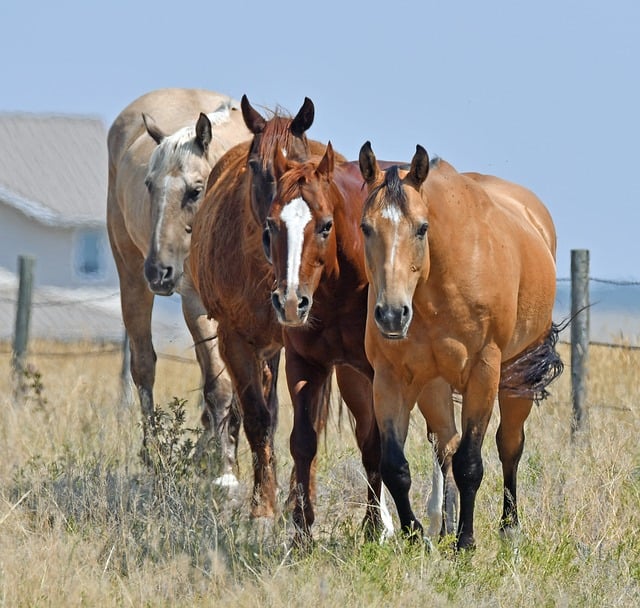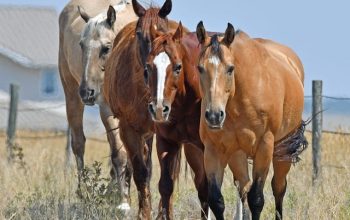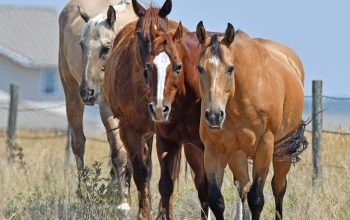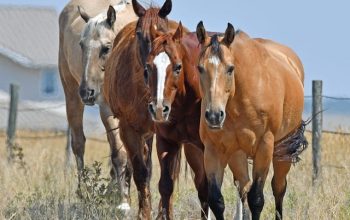Fencing for farms requires understanding unique needs like livestock type, field size, privacy/security level, and topography. Suitable materials range from metal for large animals to wooden barriers for smaller ones. Top suppliers offer custom, durable solutions tailored to diverse budgets. Prioritize the fence's purpose, property size, and material (steel, wood, chain link, vinyl) based on length and budget. Regular maintenance ensures longevity; opt for weather-resistant, low-maintenance materials like steel or HDPE.
Looking to enhance your farm’s security and aesthetics? Understanding the right fencing for your needs is key. This comprehensive guide explores where to source quality fencing supplies tailored for farms, delving into essential factors like material, design, and supplier reputation. From durable options like steel and wood to eco-friendly choices, we navigate the landscape of farm fencing, ensuring longevity and value. Discover top suppliers and learn maintenance tips to make an informed decision for your agricultural needs.
- Understanding Your Fencing Needs for Farms
- Top Suppliers Specializing in Farm Fencing Supplies
- Factors to Consider When Buying Farm Fencing
- Maintenance and Longevity of Farm Fencing Supplies
Understanding Your Fencing Needs for Farms
When considering fencing for farms, understanding your specific needs is crucial. Factors like livestock type, field size, and desired privacy or security level play a significant role in determining the suitable fence material and design. For instance, a sturdy metal fence might be ideal for keeping large animals like cattle contained, while a more delicate wooden barrier could effectively enclose smaller livestock such as chickens or sheep without restricting their movement too much.
Additionally, farms vary greatly in terms of topography. Sloped terrain may require specialized fencing that offers stability and prevents the structure from becoming a trip hazard. Conversely, flat landscapes might allow for simpler designs but still necessitate materials robust enough to withstand potential damage from wildlife or extreme weather conditions. Identifying these unique needs will guide your selection of fencing farm supplies, ensuring you invest in quality products that serve your operational requirements effectively.
Top Suppliers Specializing in Farm Fencing Supplies
When it comes to equipping your farm with robust and reliable fencing, turning to top suppliers specializing in farm fencing supplies is a game-changer. These experts offer a wide array of options tailored to meet the unique needs of agricultural settings, ensuring both durability and aesthetics. From sturdy metal barriers to natural-looking wooden fences, they cater to diverse preferences and budgets.
Some of the leading providers are renowned for their high-quality materials, innovative designs, and exceptional customer service. They often provide custom solutions, allowing farmers to create fencing that seamlessly blends with their landscapes. By choosing these suppliers, farm owners can invest in long-lasting fences that safeguard their fields, pastures, and livestock while enhancing the overall beauty of their agricultural estate.
Factors to Consider When Buying Farm Fencing
When purchasing fencing for your farm, several key factors come into play. First and foremost, consider the purpose of the fence: is it to keep livestock in, intruders out, or both? Different fencing types cater to various needs; for example, electric fences are ideal for containing animals while providing flexibility and adjustability. The size and layout of your property also dictate the choice of materials and design. Longer fences require stronger, more durable options like high-tensile steel or wood, whereas smaller boundaries might suit cheaper alternatives like chain link or vinyl.
Additionally, think about maintenance and longevity. Natural materials like wood offer a classic aesthetic but demand regular care to prevent rot and decay. Steel and concrete are sturdier and low-maintenance, suitable for areas requiring maximum security. Budget is another critical aspect; compare prices while keeping in mind the fence’s quality and expected lifespan. Online marketplaces and local agricultural suppliers offer a range of options, allowing you to find the best fencing solution for your farm’s unique requirements.
Maintenance and Longevity of Farm Fencing Supplies
When investing in fencing supplies for your farm, one of the key factors to consider is maintenance and longevity. High-quality farm fencing materials should be built to withstand harsh weather conditions, including extreme temperatures, heavy rainfall, and strong winds. Look for durable options like steel or high-density polyethene (HDPE) that are designed to resist rust, corrosion, and degradation. Regular cleaning, inspection, and minimal maintenance can significantly extend the life of your fencing, ensuring it remains effective in keeping livestock secure and protecting crops from stray animals.
Choosing materials that are easy to maintain is crucial for long-term satisfaction. Some options require more frequent repairs or replacement due to their susceptibility to damage, which can be costly and time-consuming. Opting for fencing designed with low-maintenance features can save you effort and money in the long run. Additionally, consider the accessibility of spare parts and the availability of local experts who can provide repair services, ensuring your farm fencing remains in top condition year-round.
When it comes to fencing for farms, making informed decisions is key. By understanding your specific needs, researching top suppliers like Ace Hardware or Rural King, and considering essential factors such as material quality and installation, you can ensure long-lasting protection for your farm. Regular maintenance will further extend the lifespan of your fence, making these investments worthwhile. Remember, a robust fencing system is an integral part of successful farm management.




